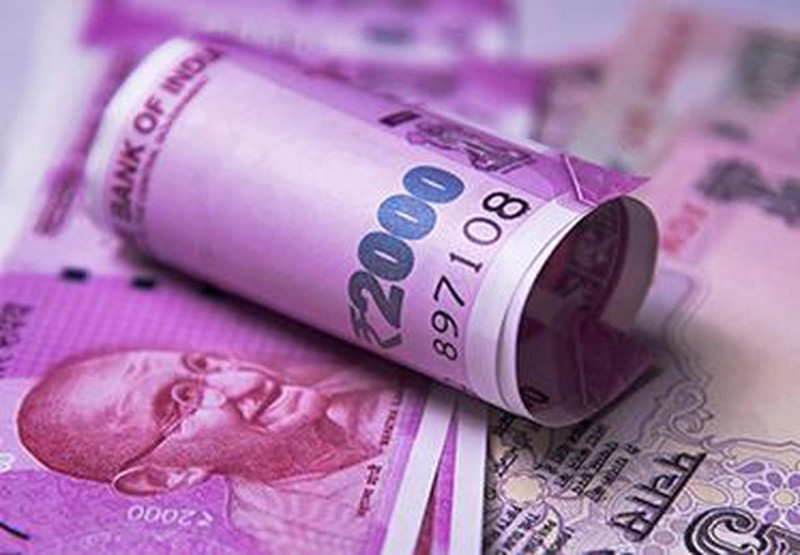
New Delhi: The Reserve Bank of India (RBI) recently announced its decision to withdraw the Rs 2,000 banknotes from circulation, sparking a significant debate among economists, policymakers, and the public. This move is expected to have far-reaching effects on various macroeconomic parameters in India. In this article, we will explore how the withdrawal of the Rs 2,000 banknotes may positively impact India's economy.
Also read: Revenue from direct taxes increases 11% to Rs. 3,79,760-Cr
One of the key objectives behind the withdrawal of the Rs 2,000 banknotes is to curb the circulation of black money in the economy. The high-denomination banknotes were believed to facilitate the hoarding of unaccounted wealth and illegal transactions. By removing them from circulation, the RBI aims to disrupt these illicit activities and promote greater transparency in financial transactions. This move will not only deter the generation of black money but also encourage individuals and businesses to adopt legal and transparent means of conducting financial transactions.
Also read: India's Economic Strategy: Shaping Prosperity and Growth Towards 2035
The withdrawal of the Rs 2,000 banknotes is expected to further promote the adoption of digital payment systems in India. With cash transactions becoming relatively less convenient due to the unavailability of high-denomination notes, individuals and businesses are likely to explore alternative payment methods such as mobile wallets, online banking, and digital platforms. This transition towards digital payments will enhance financial inclusion, reduce the reliance on cash, and pave the way for a more efficient and transparent financial system.
The prevalence of cash transactions makes it challenging to trace and tax economic activities accurately. By promoting digital payments and encouraging the use of formal banking channels, the RBI aims to increase transparency and accountability in financial transactions. This, in turn, can lead to improved tax collection, which is crucial for financing public expenditure and supporting socioeconomic development initiatives.
Also read: ESG (Environmental, Social, and Governance) Investing: A Sustainable Approach for Investors
The Reserve Bank of India's decision to withdraw the Rs 2,000 banknotes from circulation is expected to have several positive effects on India's macroeconomic parameters. It will aid in curbing the circulation of black money, promoting digital payments, boosting banking penetration, curbing inflation, and enhancing tax compliance. These outcomes are instrumental in fostering a more transparent, efficient, and inclusive financial system, which is vital for India's long-term economic growth and development. While the withdrawal of high-value banknotes may cause some short-term disruptions, the potential benefits outweigh the challenges, ultimately positioning India for a stronger economic future.